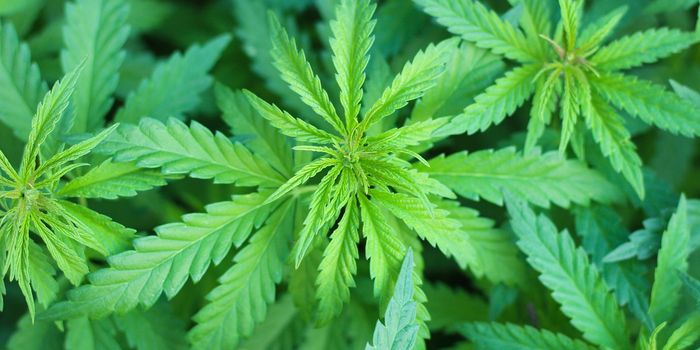Legal Recreational Cannabis Reduces Prescription Drug Demand
A research study published in Health Economics found a link between the availability of legal recreational cannabis, and a reduction in prescription drug demand. The researchers analyzed data from the Centers for Medicare and Medicaid Services in all 50 states from 2011 to 2019. They discovered a significant decline of drugs used to treat pain, depression, anxiety, sleep, psychosis, and seizures in states with legal recreational cannabis. The study was one of the first to examine the impact of legal recreational cannabis on prescription drug use. Up until this point most research has focused on the impact of legal recreational cannabis, so this study establishes validity of researching legal adult use cannabis as an effective option to pharmaceutical treatments.
Many researchers and medical professionals believe that legal recreational cannabis has significant implications for public health policy and expenditures. According to study author and doctoral student Shyam Raman, “The reductions in drug utilization that we find could lead to significant cost savings for state Medicaid programs. The results also indicate an opportunity to reduce the harm that can come with the dangerous side effects associated with some prescription drugs.” The study highlights the relationship of recreational cannabis policy to potential effects such as lower health expenditures and reduced risk of addiction and overdose associated with certain prescription drugs.
Since there is little research on the link between recreational cannabis and prescription use, a review of medical cannabis’s impact offers some insights into the efficacy of legal medical cannabis on patients with a history of using pharmaceutical drugs to manage mental health conditions. A study of the impact of medical cannabis on prescription drug users found that 88 patients diagnosed with anxiety and depression experienced symptomatic benefits from medical cannabis and consequently reduced prescription medication use. Benzodiazepine use was reduced by 42.57% in participants with anxiety. Participants with anxiety and/or major depressive disorder reduced their use of Selective Serotonin Reuptake Inhibitors (SSRI) and Serotonin Norepinephrine Reuptake Inhibitors (SRNI) by 20.79%.
Future research investigating the link between legal recreational cannabis and decreased prescription requires randomized controlled clinical trials that evaluate the effective levels of THC, CBD and phytochemicals.
Sources:
Cornell Chronicle, Health Economics








